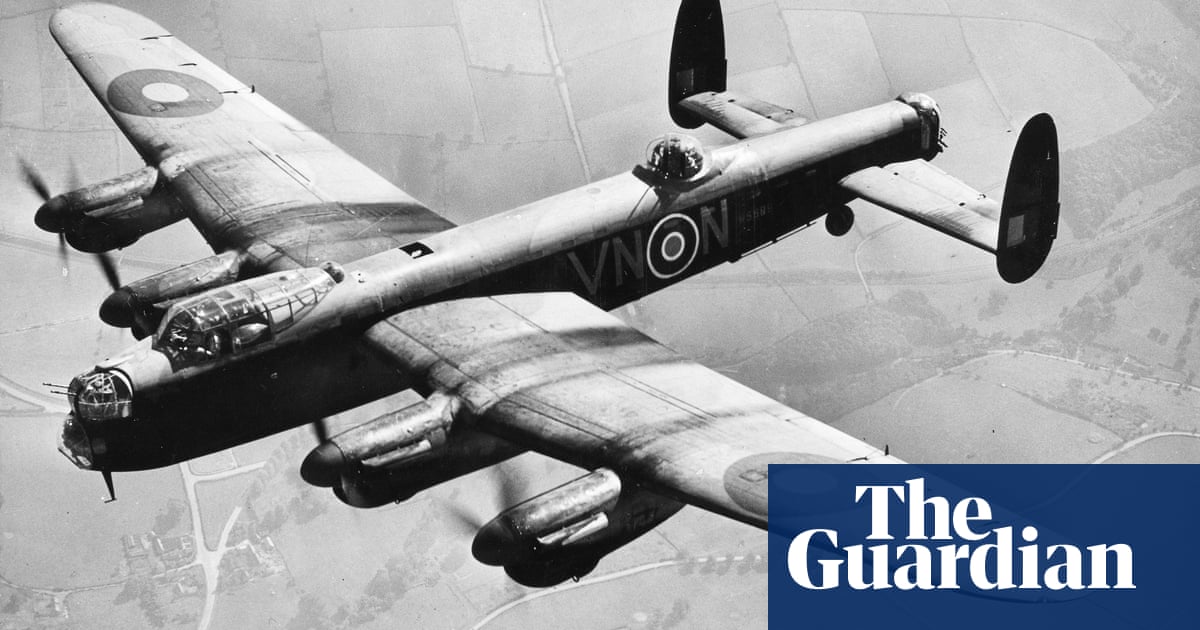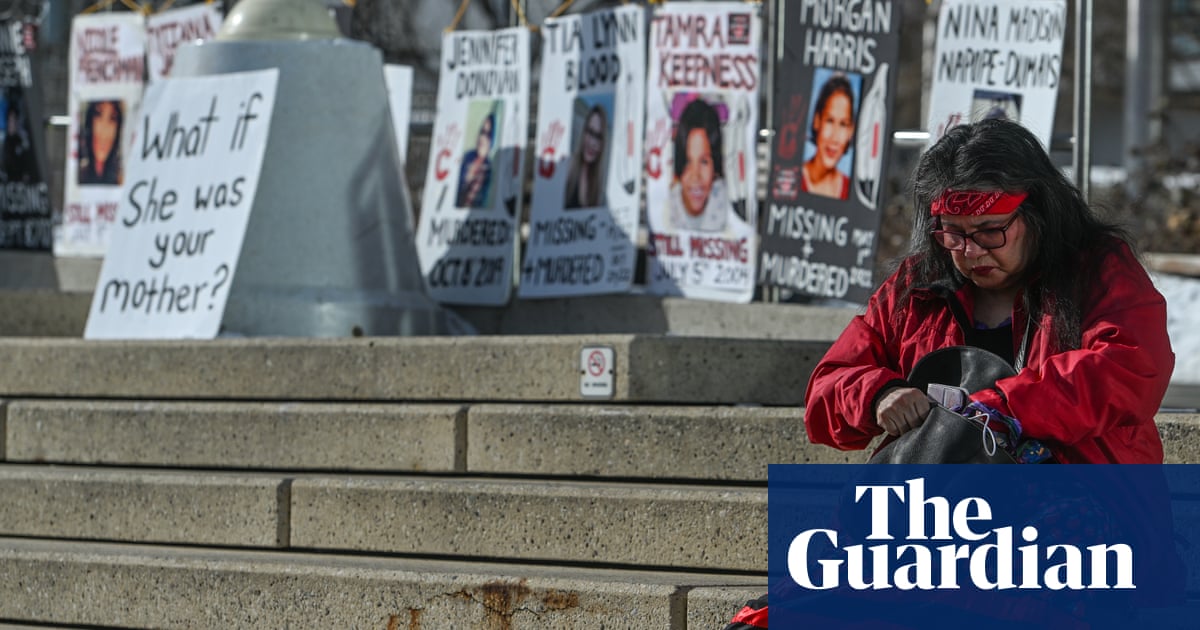
Residents of a Mayan community in Guatemala prevented experts on Tuesday from beginning to exhume the remains of more than 100 children believed to have been buried clandestinely in a former military garrison during the country"s civil war in the 1980s.
The search efforts in the village of Chiul, more than 120 miles (200 km) from Guatemala City, were scheduled to begin early on Tuesday morning but were suspended after residents disrupted the plans without offering an explanation for their opposition.
Arnulfo Oxlaj, one of the survivors of the massacre who was at the site on Tuesday, said that among those who opposed the exhumations were former members of the country"s armed forces, which has been accused of carrying out the massacre.
"(They are) interested in opposing justice," he said.
Reuters could not independently confirm the allegations by Oxlaj, who had to be guarded by local authorities to avoid being attacked during the protest, according to the Public Ministry.
A Guatemalan army spokesman did not respond to a request for comment.
During the dispute, community journalist Jose Guarcas was temporarily detained by the protesters, civil society organizations said.
The massacre, one of many targeting Mayan communities during the civil war, occurred on May 21, 1988, in the remote Chiul indigenous community. Witnesses say members of the armed forces captured hundreds of residents and took them to the military garrison, where they separated the children from their parents.
According to Oxlaj, 116 children between the ages of 2 and 15 were tortured and thrown into what was then a well inside the facility, where they drowned.
There is no official record of the number of victims or clarity about the motivations behind the killings. The Guatemalan military has been accused of conducting a genocide campaign against indigenous peoples during the conflict.
The Public Ministry opened an investigation into the case earlier this year, following a complaint filed by Oxlaj.
The planned excavation was coordinated by the Guatemalan Forensic Anthropology Foundation and the Human Rights Prosecutor"s Office - part of efforts to seek justice for the hundreds of thousands of victims of the armed conflict that lasted from 1960 to 1996.












